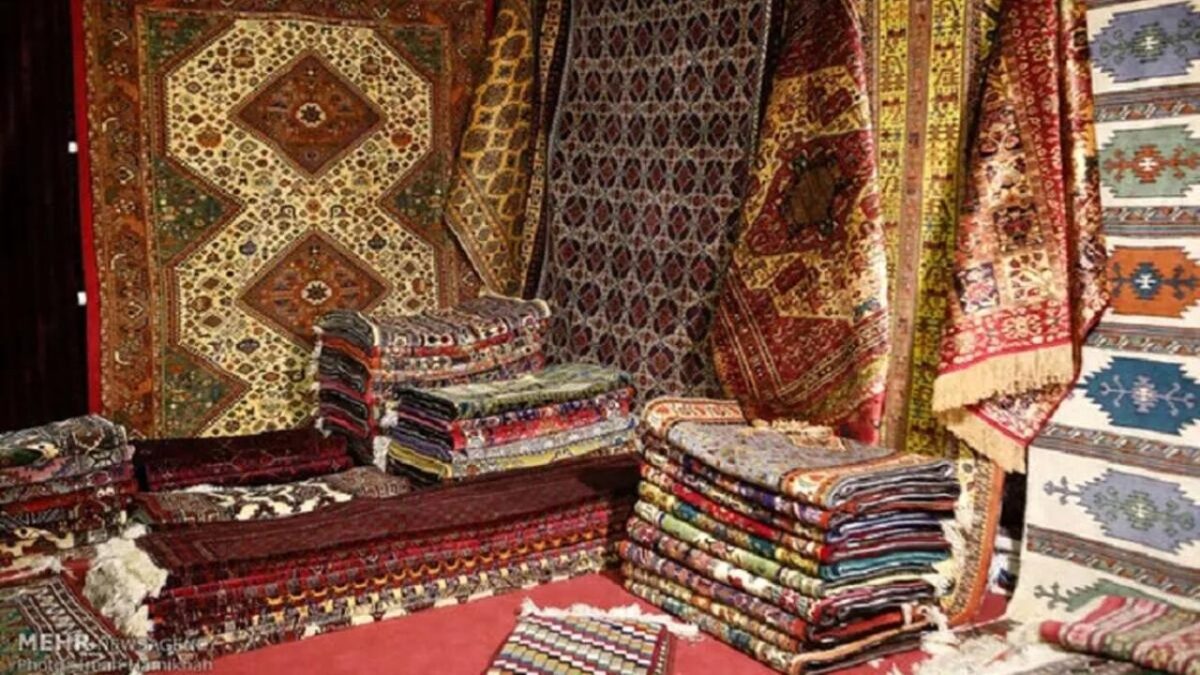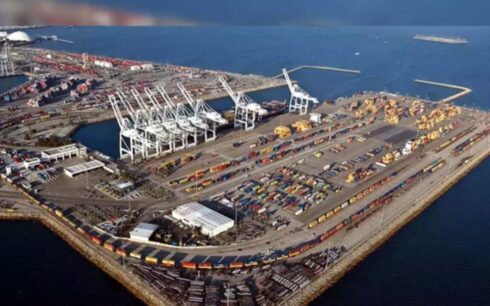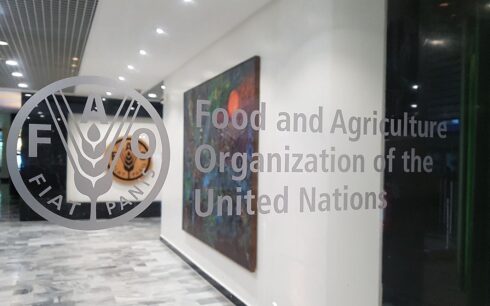Morteza Haji-Aghamiri, head of the Carpet, Art, and Handicrafts Commission at Iran’s Chamber of Commerce, has raised concerns that the smuggling of Afghan carpets is severely damaging Iran’s domestic carpet industry.
Speaking at a commission meeting, Haji-Aghamiri highlighted the significant impact of Afghan-made carpets, which have increasingly penetrated the Iranian market through exhibitions, local bazaars, and online platforms.
“Smuggling of Afghan carpets into Iran poses a serious threat to the production and market of Iran’s hand-woven carpets,” Haji-Aghamiri said, according to reports from Iranian media.
The appeal of Afghan carpets, he noted, stems in part from their affordability, which has captured the attention of Iranian consumers during tough economic times. Afghan carpets, known for their vibrant colors and contemporary designs, have become popular across Iran, outcompeting locally made products.
Alanoor Tavakoli, head of Iran’s Carpet Producers and Exporters Union, echoed these concerns, explaining that Afghan carpets have gained an edge in the Iranian market due to their lower prices. “The economic conditions have led people to favor Afghan carpets, which are cheaper but still appealing in terms of design and color,” Tavakoli said. He added that despite Afghan carpets lacking superior craftsmanship compared to their Iranian counterparts, their competitive pricing and trendy patterns have made them winners in an “unequal economic competition.”
“The Afghan carpets do not surpass Iranian ones in quality or artistic value. Their only advantage is modern colors and designs combined with low prices,” Tavakoli emphasized during the commission meeting.
Meanwhile, Nozari, head of Iran’s Export and Import Supervision Department, called for targeted efforts to combat the smuggling of Afghan carpets. He stressed the need for collaboration with trade unions and industry experts to trace the origins of these carpets and crack down on illegal networks. “Smuggling hurts domestic production, and we are receiving reports from various cities. We need to work with the unions, and our team is ready to help identify the source of these carpets and determine whether the smuggling is organized or not,” Nozari said.
Officials at the meeting pointed to Iran’s broader economic challenges, including inflation, lack of oversight, and diminished consumer purchasing power, as factors enabling Afghan carpets to dominate the local market.
With Afghan carpets steadily gaining a foothold, Iranian producers are grappling with a shrinking share of their own domestic market, raising concerns about the long-term sustainability of one of the country’s most renowned industries.





